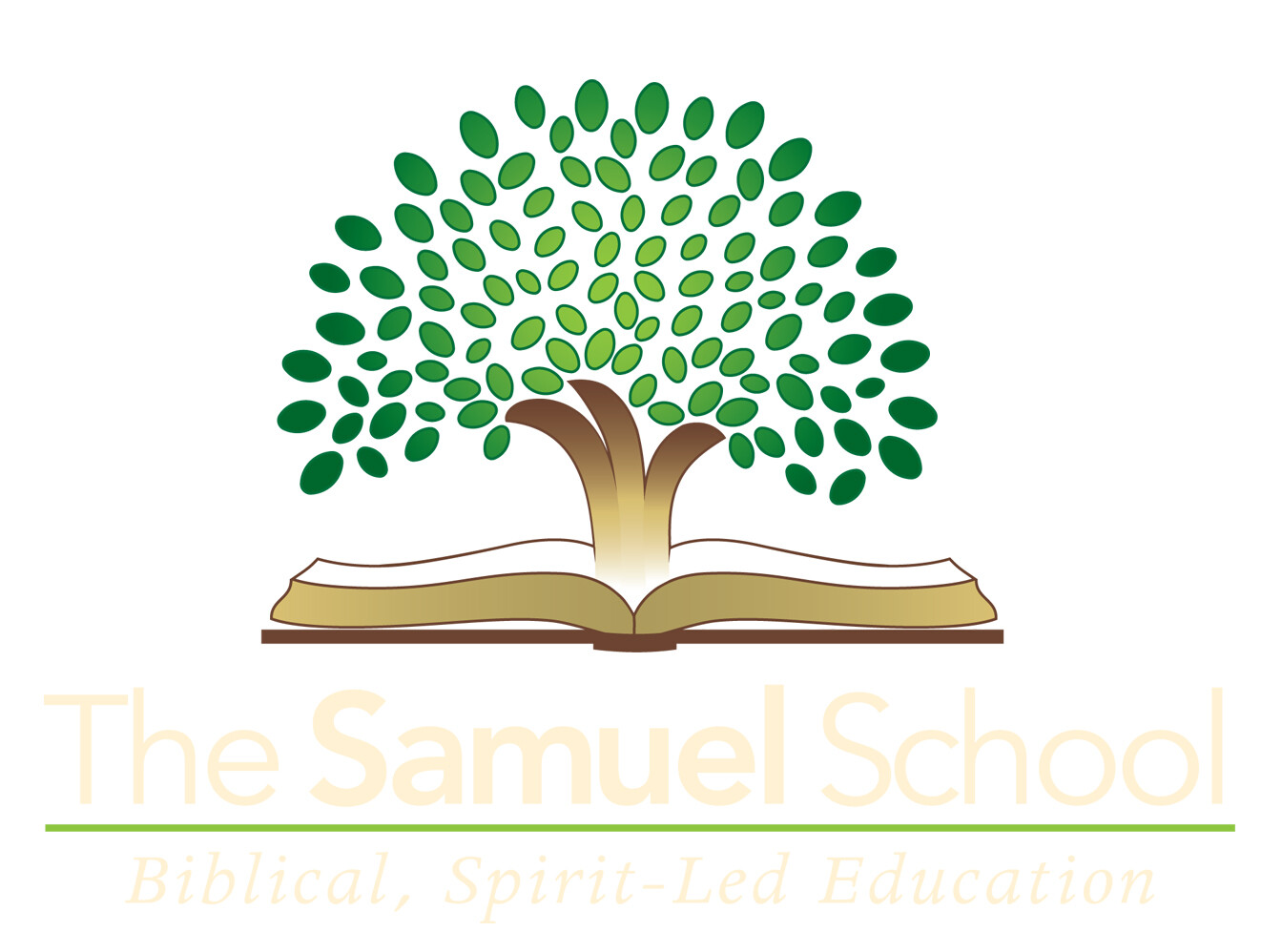Principle ApproachR
The first stream of Biblical revelation God blessed The Samuel School with is the Principle Approach. The Principle Approach is America's historical method of Biblical reasoning that places the Bible at the heart of the academic pursuit. The Principle Approach emphasizing reasoning from the Bible into all areas of life through the 4R process (research, reason, relate, record), key word study (supported by Webster's 1828 American Dictionary of the English Language), a Providential view of history (10 links of Westward Expansion) and the seven governmental principles (individuality for example). The Principle Approach is strong in supporting Christian character development and the development of a Biblical Worldview, as exemplified by annual student orations. More information regarding the Principle Approach can be found at The Principle Approach.
Christian Montessori
Christian Montessori applies the principle of individuality in a most meaningful way. Dr. Maria Montessori (Italy's first female physician) applied the principle of scientific observation to children's education. Montessori observed the unique design of each child and then created an individualized education plan to meet their God given design. Her model of education took into consideration the developmental stages of a child with respect to their personal inclination toward certain content areas (referred to as sensitive periods). Emphasis is placed on learning with concrete materials as demonstrated with curriculum being on the shelves.
Montessori also focuses expansively on whole child growth beyond the ascents of the mind. For example, emphasis on grace and courtesy in the context of social interactions is important in the classroom. Caring for the environment (class, school, society and nature) is valued in a holistic, Biblical manner. Students working in a focused, ordered, peaceable and productive manner describes the "normalized" classroom. The Montessori teacher, as much as reasonably possible, makes accommodations to allow students to explore personal interests, both individually and on a class level. For more information regarding Christian Montessori please visit Christian Montessori Fellowship.
Teaching For Transformation
Teaching for Transformation provides a framework for discipleship with many unique methodologies. The discipleship methodologies are useful for both personal, class and school spiritual development. Here is a description of some of the methods:
- Deep Hope - Established in prayer, deep hope provides direction for the student, class and school as they seek to fulfill the will of God through service and learning.
- Throughlines - Recognize and encourage the development of discipleship qualities such as justice seeking, servant working, God worshiping and so on. The throughlines operate in conjunction with the Fruit of the Spirit (Galatians 5:22-23). Click here to learn more about Throughlines.
- FLEx - Foundational Learning Experiences are projects with a discipleship focus in mind. FLEx projects are a wonderful context for disciple building also providing the opportunity to engage, in loving service, with the school's community. Academic activities within the classroom are couched in connection with the FLEx activities.
- Beautiful Work - The final product of the FLEx project based learning are beautiful works. Beautiful works are informal assessments intentionally developed to reach audiences beyond the school building.
- Celebration of Learning - Student learning and growth is acknowledged and appreciated in school gatherings that celebrate student effort and excellence. Multiple methods come together as class Deep Hopes are on display through the production of Beautiful Work developed during FLEx projects.
Please follow the hyperlink for more information regarding Teaching for Transformation.
The Prodigal Paradigm
The Prodigal Paradigm is a process of spiritual restoration provided by Jesus. The process is intentional, sequential and comprehensive in restoring a person back to sonship. All people have sinned and fallen short of God's glory (Romans 3:23) and therefore all people need restored. Restoration is both a once and done effort, achieved by the sacrifice of Jesus (1 John 2:1-2) and a continual process of transformation through the renewing of our minds (Romans 12:2). Luke 15 provides each of the important steps the Prodigal Son went through in the father's restoration process. The depth of meaning and value Jesus included in the parables He created cannot be overestimated. Each word and the sequence of words can unlock unfathomable treasure through the council of the Holy Spirit. The following process of the Prodigal Son restoration to sonship exemplifies such treasure in its application to spiritual restoration.
- Spiritual Awakening
- Repentence
- Intimacy with the Father
- Identity in Christ
- Authority of the Believer
- Liberty in Sonship
- Celebration of Restoration

